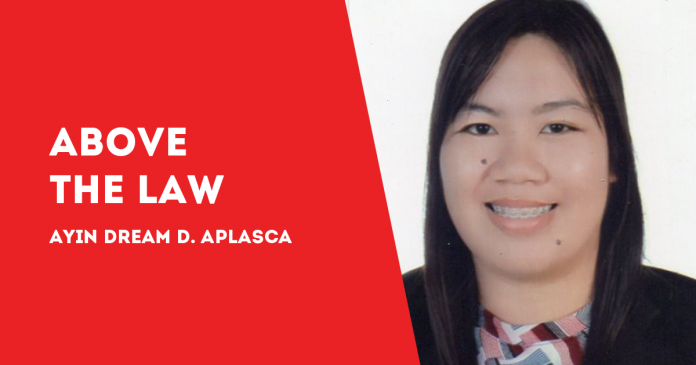
ONE of my tasks in our office is to make sure that we have proper information dissemination to assist our clients’ legal queries.
Recently, I received a message from a client asking about the rights and powers of a homeowners’ association. Let me share to you some of the things I discussed in my response.
The discussion was based on Section 67 of Rule XI of the 2021 Revised Implementing Rules and Regulations (IRR) of Republic Act (RA) No. 9904 otherwise known as the Magna Carta for Homeowners and Homeowners Association.
Under Section 2 (d) of the IRR, an association refers to “a homeowners association which is non-stock, nonprofit association with DHSUD (Department of Human Settlements and Urban Development), or one previously registered with HLURB (Housing and Land Use Regulatory Board), Home Insurance and Guaranty Corporation (HIGC, now Home Guaranty Corporation or HGC), or Securities and Exchange Commission (SEC).”
Once the association is registered in accordance with the rules, it is now “subject to consultation and with the approval of a simple majority of the members regardless of standing, adopt and amend the Articles of Incorporation, By Laws, and rules and regulations, pursuant to existing laws and regulations.”
It can institute, defend, or intervene in litigation and/or administrative proceedings affecting the welfare of the association and the subdivision or village or community as a whole, excluding, however, disputes that are not the responsibility of the association.
It may maintain the road lots, open spaces and other facilities. Additionally, it may regulate the use, maintenance, repair, replacement and modification of common areas and cause additional improvements to be made part of the common areas. However, this right should not contradict with the approved subdivision plan.
It shall regulate the access to, or passage through the subdivision or village roads for purposes of preserving privacy, tranquility, internal security, safety and traffic order. It may hire, discharge or contract managing agents and other employees, agents and independent contractors to ensure the full functioning and operation of the association.
Before this can be done, the association should bear in mind that:
(1) public consultations are held;
(2) existing laws and regulations are met;
(3) the authority of the concerned government agencies or units are obtained where the roads have been donated to the local government unit; and,
(4) where appropriate and necessary, memoranda of agreement are executed among the concerned parties.
It can acquire, hold, encumber and convey in its own name any right, title to or interest in real or personal property. Such approval of the majority of the members of the association shall not be required for transactions in amounts not exceeding ten percent (10%) of the association’s cash holdings for its use in the course of its normal operations.
It shall grant easements, leases, concessions and authority to use common areas and petition for or consent to the vacation of streets and alleys. But these are not applicable to access roads, main interconnecting roads, alleys and sidewalks within the subdivision or village. In connection with this, the association should cause compliance in accordance with the National Building Code, zoning laws, HLURB/DHSUD rules and regulations, existing local ordinance, and deeds of restriction.
It shall allow the establishment of certain institutions such as, but not limited to, schools, hospitals, markets, grocery stores and other similar establishments that will necessarily affect the character of the subdivision/village.
It can petition for the creation of a separate barangay, independently or together with neighboring subdivisions.
One of the common powers of the association suspend privileges of and services to and/or imposes sanctions against its members for violations and/or noncompliance with the association’s bylaws, policies, rules and regulations.
Registering as a homeowners’ association is an important and sacred part of real estate development. Knowing the rights and powers is the first step in protecting the community and at the same time prevent conflict and safeguard the association from whatever liabilities./PN

